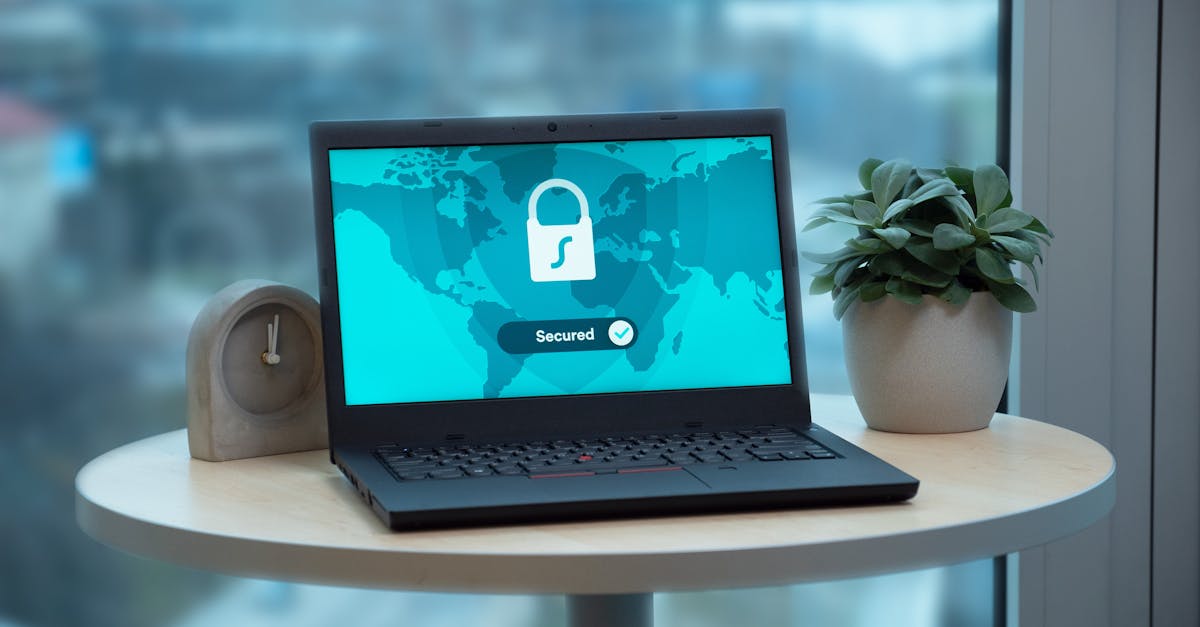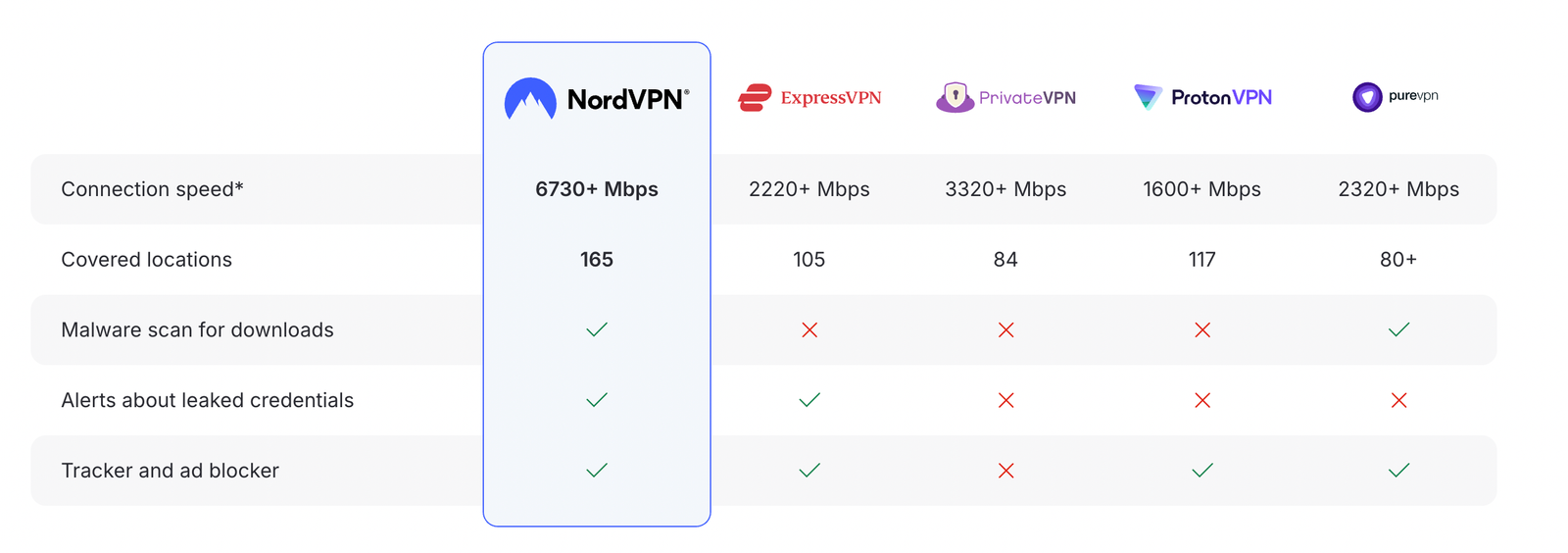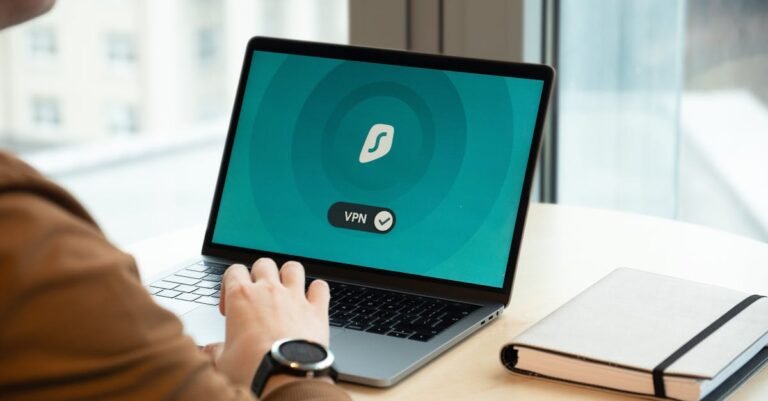Virtual Private Networks (VPNs) play a crucial role in safeguarding users from malware infections. In today’s digital world, cyber threats are rampant, making VPNs essential for secure online activities. They create encrypted tunnels that protect data from hackers and malicious software. VPNs also mask your IP address, reducing the risk of targeted attacks. This technology not only enhances privacy but also combats malware by filtering harmful content. As more people rely on the internet for work and leisure, understanding VPNs can significantly boost your online security.
How VPNs Encrypt Data to Prevent Malware

VPNs use encryption to shield your data from malware. This process scrambles information during transmission, making it unreadable to attackers. For instance, encrypted connections prevent malware from intercepting sensitive details like passwords. VPNs also route traffic through secure servers, adding an extra layer of protection. Moreover, they block unauthorized access to your device. In essence, encryption turns your online presence into a fortress against infections. Users benefit from reduced exposure to threats on everyday activities. Therefore, adopting a VPN minimizes the chances of data breaches.
VPNs Block Malicious Websites Effectively

VPNs feature built-in filters that detect and block malicious websites. These tools scan URLs in real-time, preventing access to harmful sites that spread malware. For example, they can identify phishing attempts and stop them before infection occurs. VPNs also use databases of known threats to enhance blocking capabilities. Additionally, they reroute traffic away from risky networks. However, this functionality ensures safer browsing for everyone. As a result, users enjoy a cleaner online experience without constant worries. Thus, blocking mechanisms make VPNs indispensable for daily internet use.
Enhancing Security on Public Wi-Fi with VPNs

Public Wi-Fi networks are hotspots for malware due to their vulnerability. VPNs address this by creating secure connections on these networks. They encrypt data, ensuring that malware cannot exploit open Wi-Fi signals. For instance, VPNs protect against man-in-the-middle attacks common in public spaces. Furthermore, they hide your location, reducing targeted threats. Users can browse freely without fear of interception. In addition, VPNs provide consistent security across devices. Therefore, they are vital for anyone using shared internet connections.
Why NordVPN Stands Out as a Top Choice
NordVPN excels in fighting malware with advanced encryption and threat-blocking features. It offers a user-friendly interface and robust servers that ensure fast, secure connections. This makes NordVPN ideal for beginners and experts alike. Choose NordVPN today for comprehensive protection against infections. Sign up now to enjoy a 30-day money-back guarantee and safeguard your digital life effectively. Start protecting your data immediately and experience peace of mind.
How NordVPN compares to other top VPNs


Disclosure: We earn a commission at no extra cost to you if you make a purchase through links here. This helps support us in creating more content for you. Thank you for your support!







